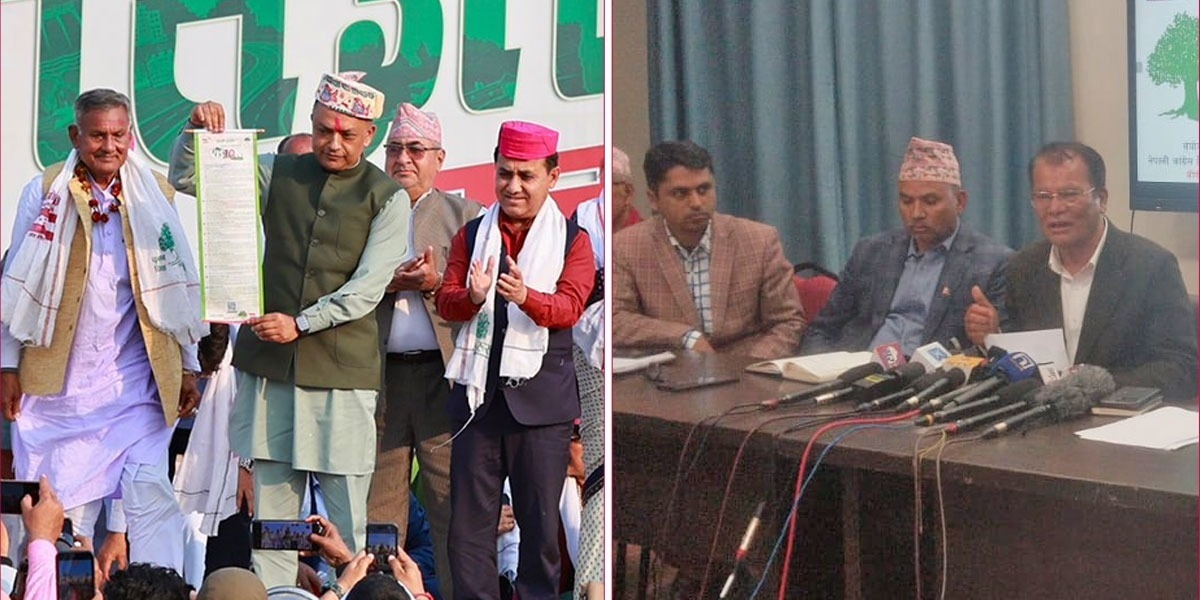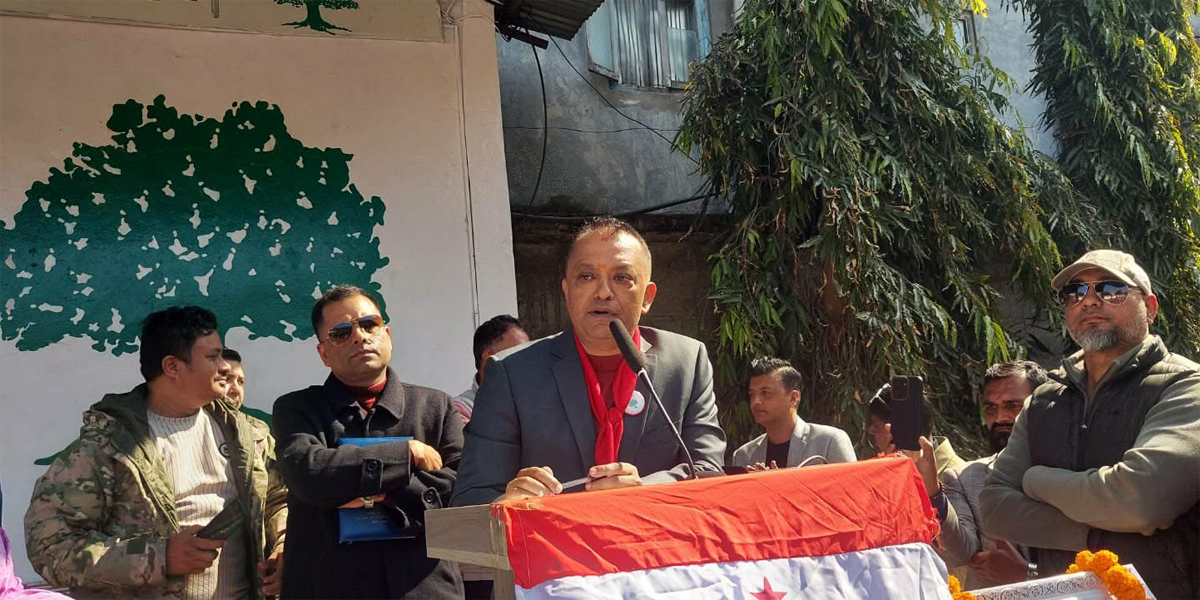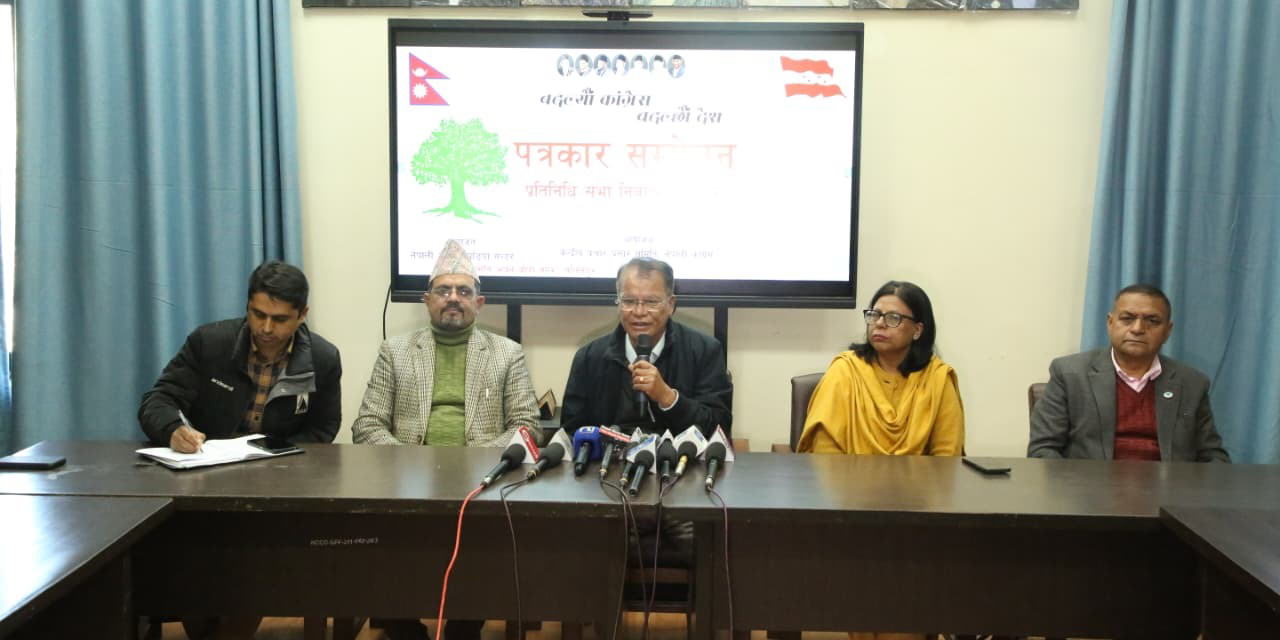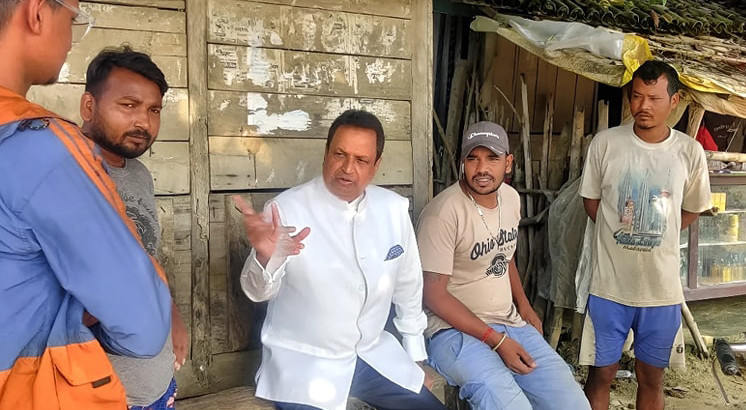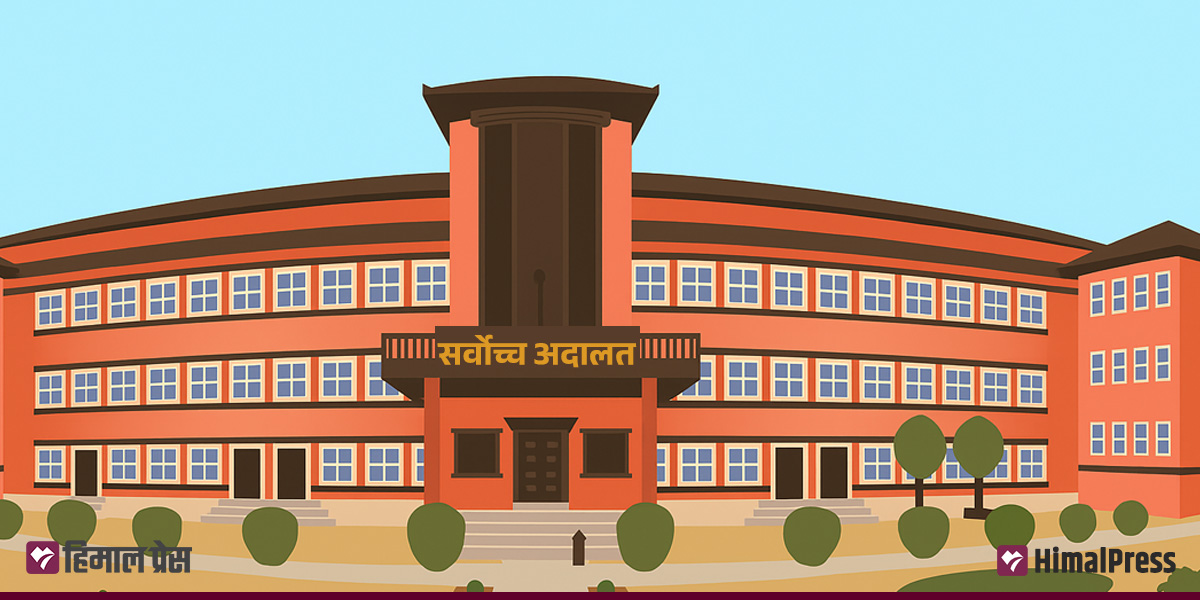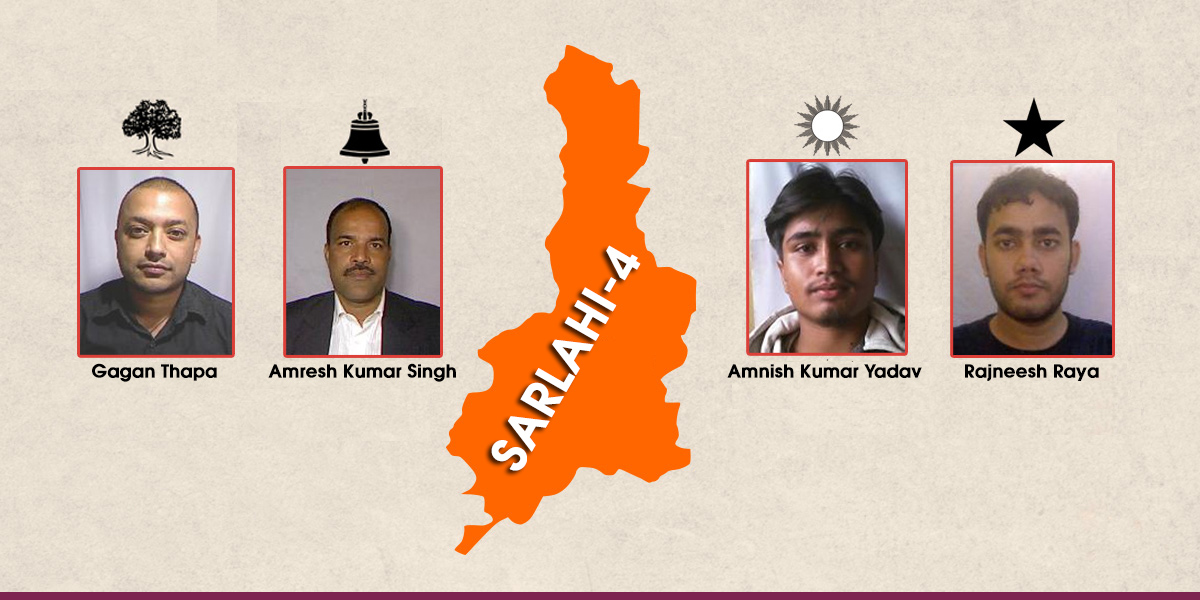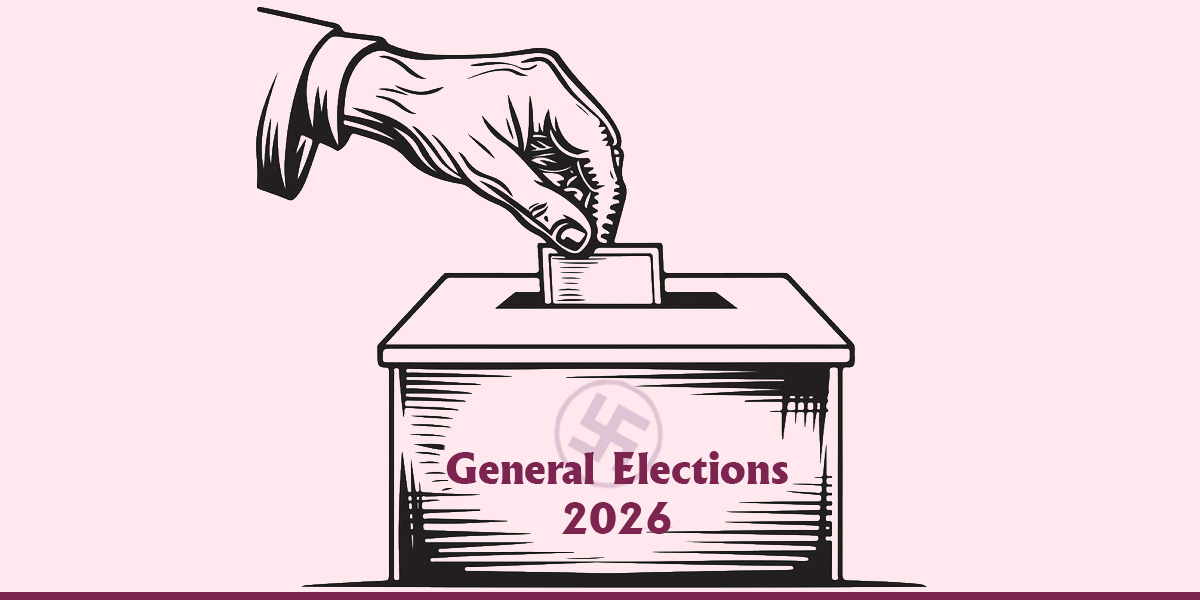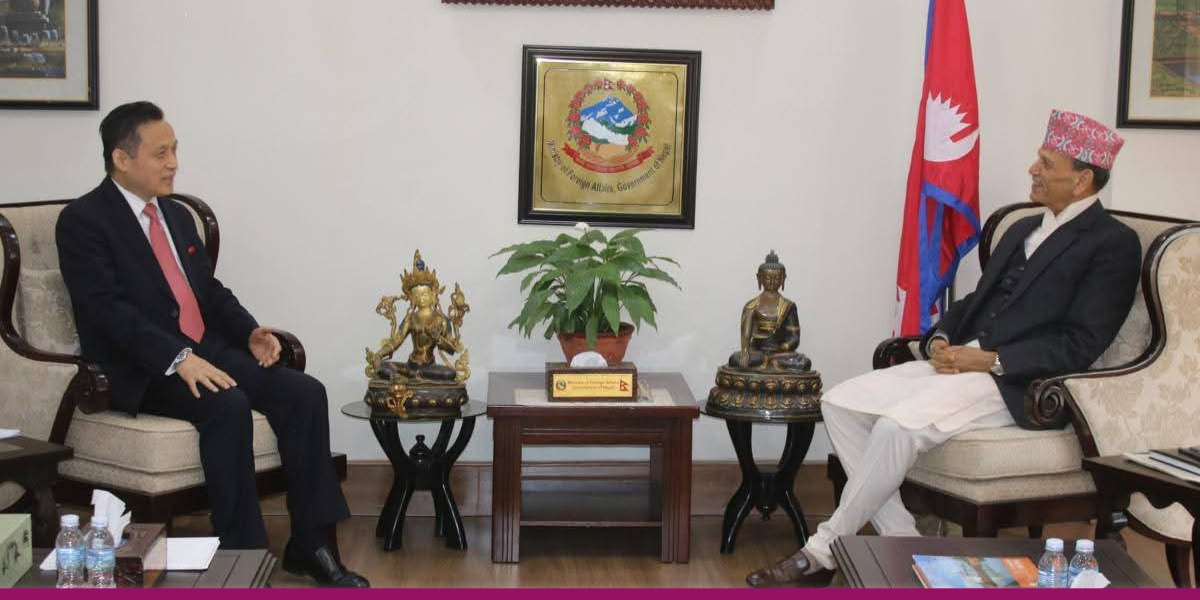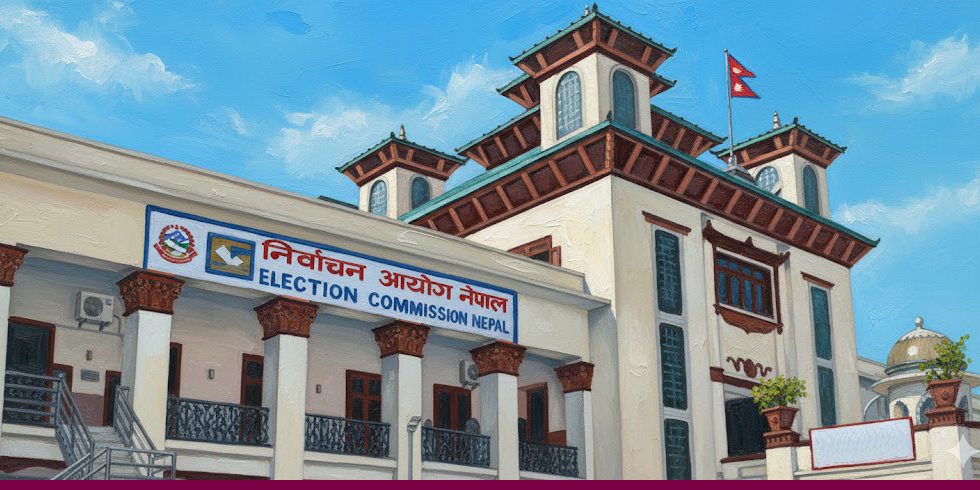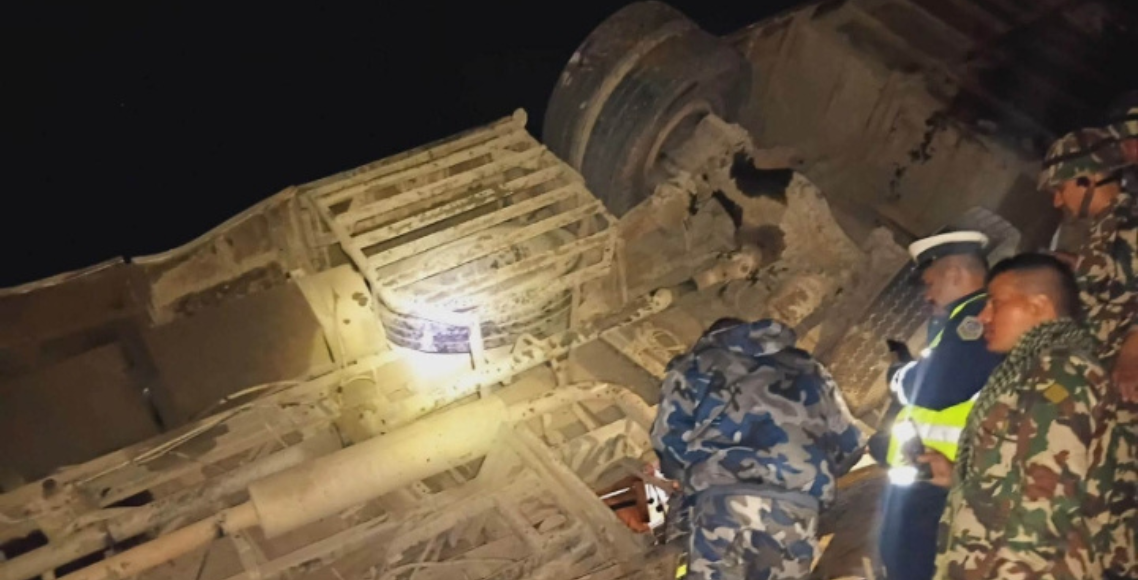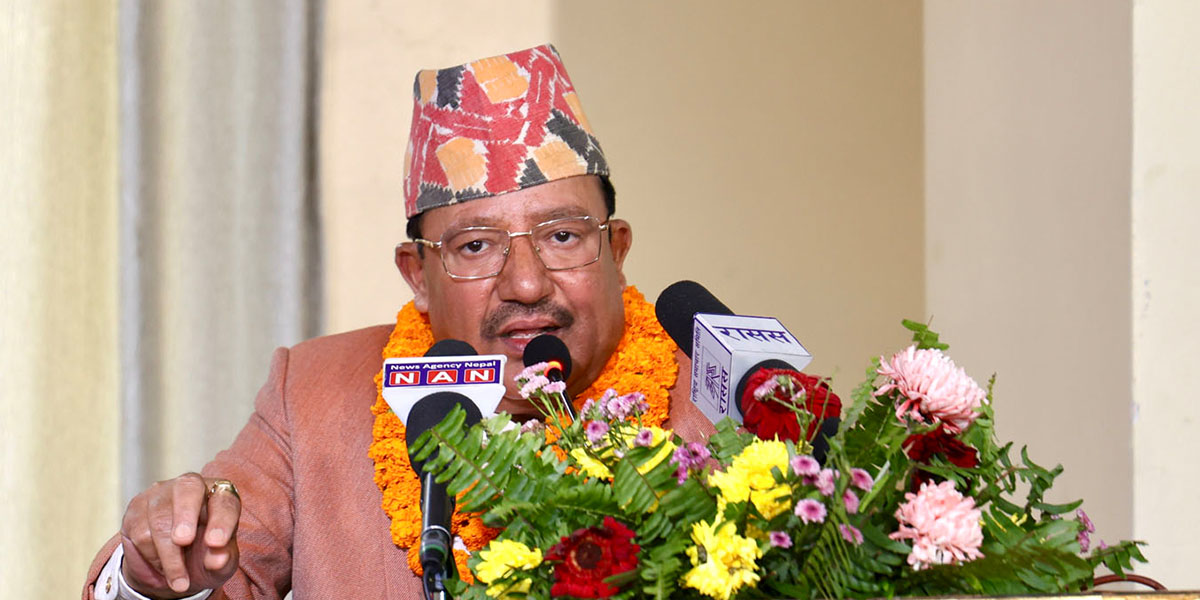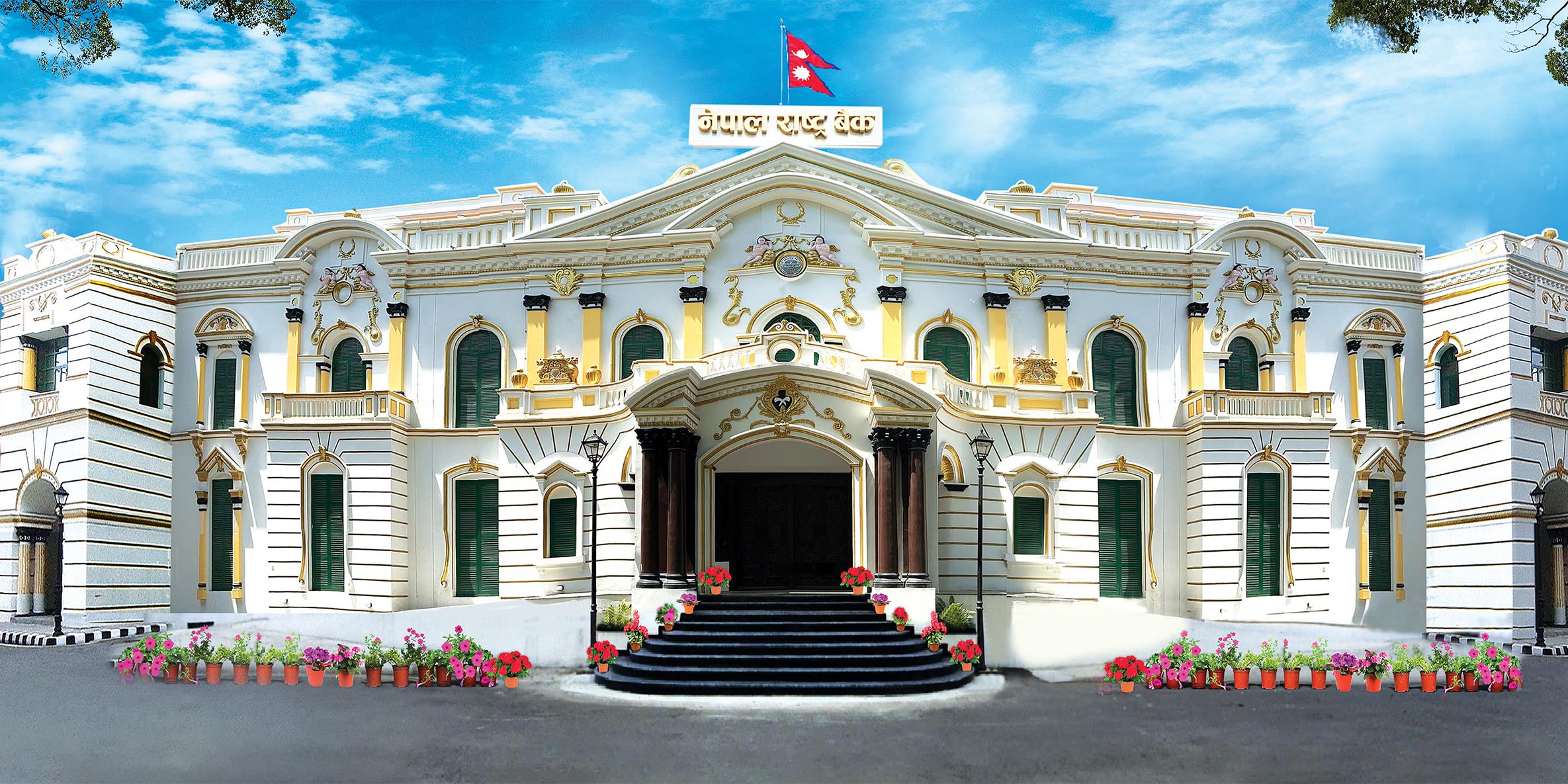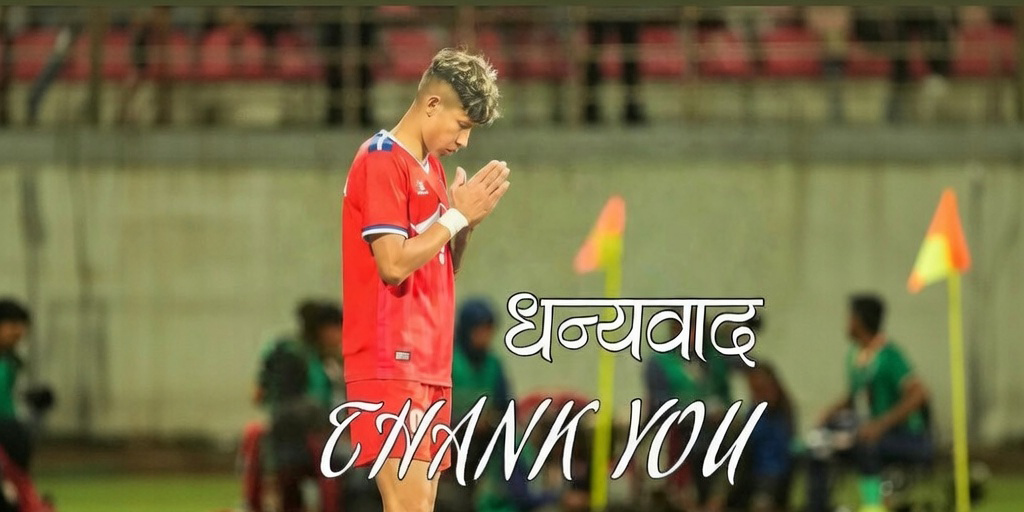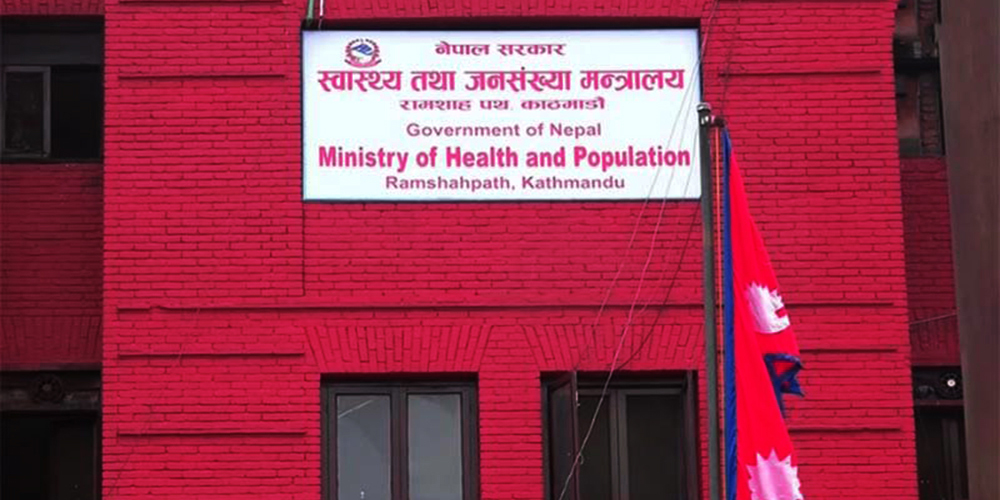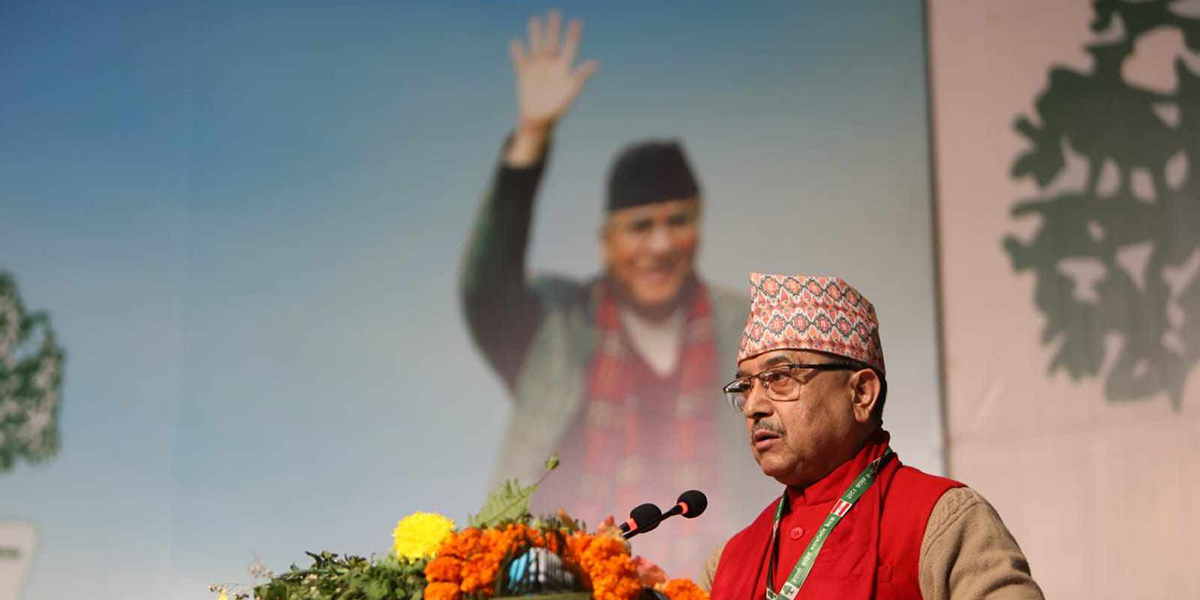
LALITPUR: Nepali Congress (NC) has identified eight major challenges that the country is facing at present.
The policy proposal submitted by Vice President Purna Bahadur Khadka in the closed session of the party’s Mahasamiti meeting on Tuesday outlines these problems.
Lack of practical and effective implementation of the constitution, prolonged transition, suffering of citizens, and declining trust in public organizations have been identified as the problems that the country is facing, according to Khadka’s proposal. Likewise, growing inequality, frustration at the people’s level, populism, authoritarianism, and revivalism are the other problems that Khadka has outlined.
In his proposal, Khadka has stated that there is still a lot of work to be done on the formulation of laws necessary for the full implementation of the constitution. Likewise, he has stated that the political transitional situation is being prolonged because parties are failing to take meaningful steps toward political stability, institutional development of the federal democratic republic, and economic growth and development.
“Work on truth and reconciliation has not yet reached a logical conclusion. The policies, rules, and laws that need to be updated as per the changed context have not been amended,” he added.
Khadka’s proposal mentions that there is a feeling that government organizations, constitutional organs, parliament, and other public bodies and organizations, have not been able to win the trust of the citizens.
He also said the common people are complaining about the politicization in public organizations and agencies, and the declining quality of public services and work provided by the state. “Since such complaints and concerns of the citizens have not been addressed in a timely and effective manner, the distrust of the citizens towards the public organizations is gradually increasing,” Khadka’s proposal states.
Khadka also said in his proposal that various types of inequality are increasing in Nepali society. “The gap between the rich and the poor is widening. Inequality is increasing due to the unequal distribution of natural resources,” he added.
Khadka’s proposal states that frustration is increasing at the grassroots level due to various adverse situations and challenges. “Although the Nepali Congress has helped the country out of the conflict by taking all the powers into confidence, some tasks of the peace process have yet to be completed,” he added. “In 18 years after the people’s movement, the country should have made a lot of progress in terms of development, improvement, and economic growth. The country should have taken the path of stability and progress. But due to various reasons, that is not happening.”
Khadka also said that populist forces do not take ownership of the current system of governance. “They neither have a proud history nor a confident future. There is neither a commitment to democracy nor a clear roadmap for the future. In the name of cheap popularity, they are trying to cultivate the politics of despair and disappointment in society,” he added.
The Deputy Prime Minister and Minister of Defence has also prescribed various suggestions to deal with the problems. He has called for full-fledged implementation of the constitution, ensuring good governance, promoting morality, controlling corruption, and making a political commitment to strengthen the economy and reduce inequality.
In addition, he has proposed adopting policies related to strengthening public institutions, ensuring citizen participation in the governance system, implementing and strengthening federalism, ensuring effective service delivery, and utilizing the knowledge and expertise of the youth.
Khaka also said that the NC is committed to effectively addressing the citizens’ aspirations by formulating the necessary policies and programs based on the basic principles of nationalism, democracy, and socialism.


